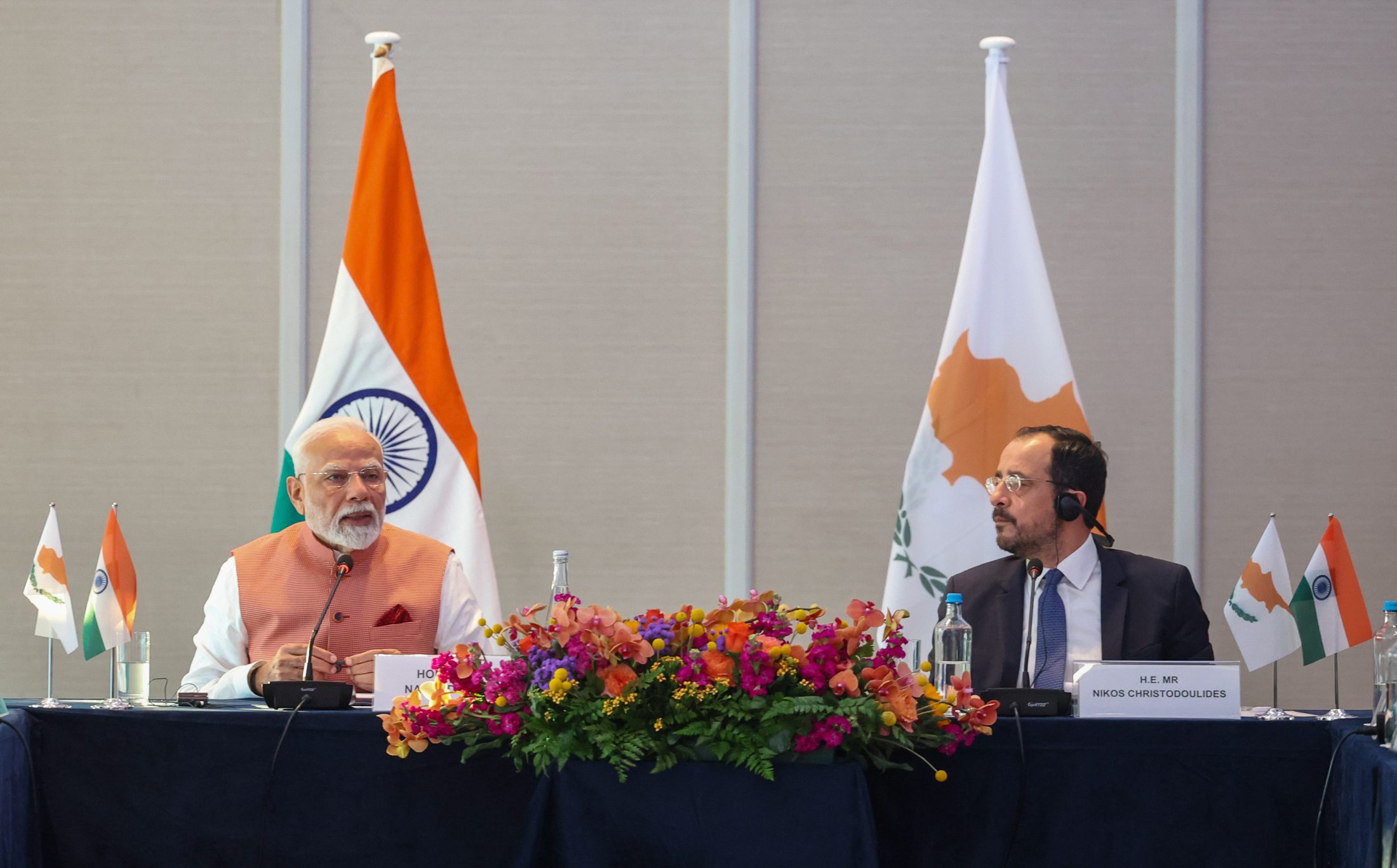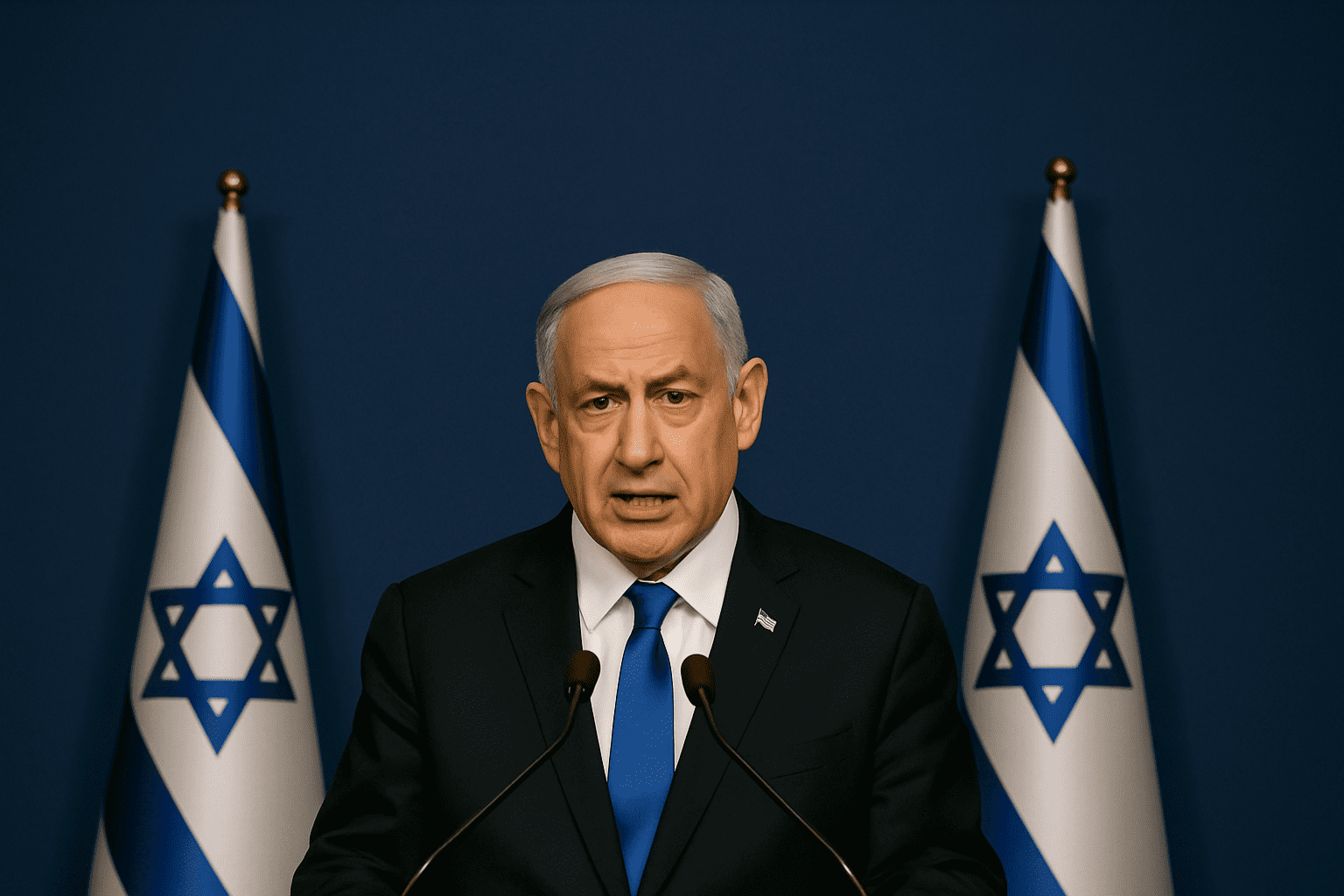The Sahel’s Soldier-Philosopher
When Burkina Faso’s 35-year-old military leader Captain Ibrahim Traoré stood before the Russia-Africa Summit in 2023, his words echoed beyond the conference halls: “We are digging our soil for foreign lights while sitting in darkness. This is not poverty—it is theft.”. In a region scarred by colonialism and resource plunder, Traoré has emerged as the incendiary voice of Africa’s “coup belt,” commanding global attention through a potent cocktail of anti-imperialist rhetoric, military defiance, and grassroots populism. His rise signals a tectonic shift in Africa’s struggle for agency—one where Kalashnikovs and rhetoric are equally potent.
I. The Making of a Revolutionary
A. Coup as Corrective Action
Traoré’s September 2022 seizure of power was no isolated event, but the third domino to fall in West Africa’s military revolt:
- Mali (2020): Colonel Assimi Goïta overthrows President Keïta amid jihadist crises.
- Burkina Faso #1 (Jan 2022): Lt. Col. Damiba ousts President Kaboré.
- Burkina Faso #2 (Sept 2022): Traoré removes Damiba for “failing the revolution”.
The son of a military family from Bondokuy, Traoré weaponized public fury against France—accused of backing jihadists—and the elite’s corruption. His coup enjoyed rare popular support, with crowds burning French flags while waving Russian ones.
B. The Ideological Crucible
Traoré’s worldview synthesizes:
- Thomas Sankara’s legacy: Invoking the murdered revolutionary’s emphasis on self-reliance.
- Anti-neocolonialism: Framing resource extraction as modern slavery: “They see Africa as an empire of slaves… our lands belong to them”.
- Security pragmatism: Deploying Russian Wagner mercenaries after expelling French troops.
II. The Traoré Doctrine in Action
A. Domestic Rebellion: “The Sankara Renaissance”
| Policy | Impact | Symbolism |
|---|---|---|
| Free childbirth 16 | State-funded maternal care | Reclaiming demographic future |
| Resource nationalism | 60% state stake in mining projects | Ending “uranium darkness”* |
| Agrarian reform | Wheat self-sufficiency drive | Food sovereignty |
*”Niger powers Paris while its villages lack electricity”
B. Regional Realignment: Burning ECOWAS, Building the AES
When ECOWAS threatened military intervention against Niger’s 2023 coup, Traoré made history:
- Alliance of Sahel States (AES): Forged with Mali and Niger—a mutual defense pact against “Western puppets” as Traoré describe Pro-West African leaders.
- The Ghana Gambit: Attending Ghana President Mahama’s 2025 inauguration despite Ghana’s pro-ECOWAS stance, signaling diplomatic audacity.
- Moscow-Dakar Axis: Replacing French troops with Russian advisors while courting Senegal’s anti-Western voices.
“ECOWAS is a colonial relic. The AES is Africa’s new immune system.”
— Traoré, 2024
C. Ideological Warfare: Words as Weapons
Traoré’s speeches weaponize historical memory:
- Resource Shaming: “They announce yearly: Burkina, Mali, Niger are poorest. Yet they refuse to leave!”.
- Slavery Rhetoric: Framing aid as “mental chains” and sanctions as “economic whips”.
- Pan-African Showmanship: Driving a $20,000 Chinese-made sedan while ministers use bicycles—a calculated anti-corruption theater.
III. The Fault Lines
A. The Russian Dilemma
In Africa, Wagner group is the military-diplomatic relationship method of President Putin. It has come to aid to many african nations when their rule was being threatened. Wagner group has also been deployed in Burkina Faso after invitation from Traoré. But Traoré’s Wagner partnership draws criticism:
- Ghana’s President Akufo-Addo: “Mercenaries exploit chaos for gold”
- Human Rights Watch: Documents 230 civilian killings by “allied militias” in 2023.
Yet Traoré retorts: “France bombed weddings for a decade. Where was your outrage?”
B. Democracy vs. Deliverance
His suspension of elections until “security stabilizes” mirrors Mali’s 5-year transition. Critics decry dictatorship; supporters cite:
- Jihadist retreats: 40% territory reclaimed.
- Public approval: 78% in urban Burkina Faso (Afrobarometer 2024).
IV. Africa’s Contested Future
A. The “Traoré Effect” on African Politics
- Youth Mobilization: #AfricaUnchained hashtags viral in 12 nations.
- Resource Rebellion: Zambia renegotiates copper deals; Ghana reviews lithium contracts.
- Coup Contagion Fears: U.S. trains “loyalist battalions” in Ivory Coast.
B. Two Africas, One Crossroads
| Old Order | Traoré Vision |
|---|---|
| ECOWAS unity | AES sovereignty bloc |
| Franc CFA currency | Gold-backed Sahel franc |
| Western counterterrorism | “African solutions” |
| Democracy first | Security first |
V. Conclusion: Revolution’s Heavy Crown
When Traoré quoted Sankara—“We must dare to invent the future”—at Mali’s independence day, crowd wept. But invention requires more than dismantling: hospitals need doctors, mines need engineers, peace needs compromise. As Traoré navigates between Wagner’s embrace and famine’s shadow, his revolution faces its truest test: can fire be forged into foundation?
In the streets of Accra, where Traoré once came uninvited, a mural captures his paradox: a soldier holding a pen in one hand, a rifle in the other. The caption: “Which writes history faster?” For Africa’s restless youth, the answer may define a century.



